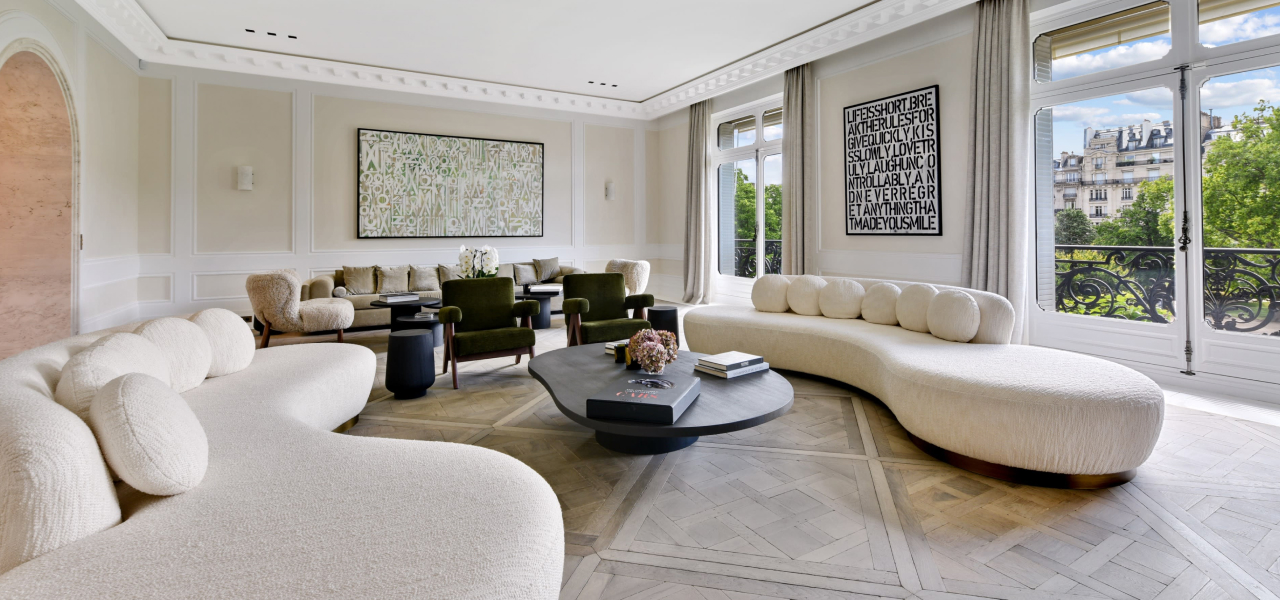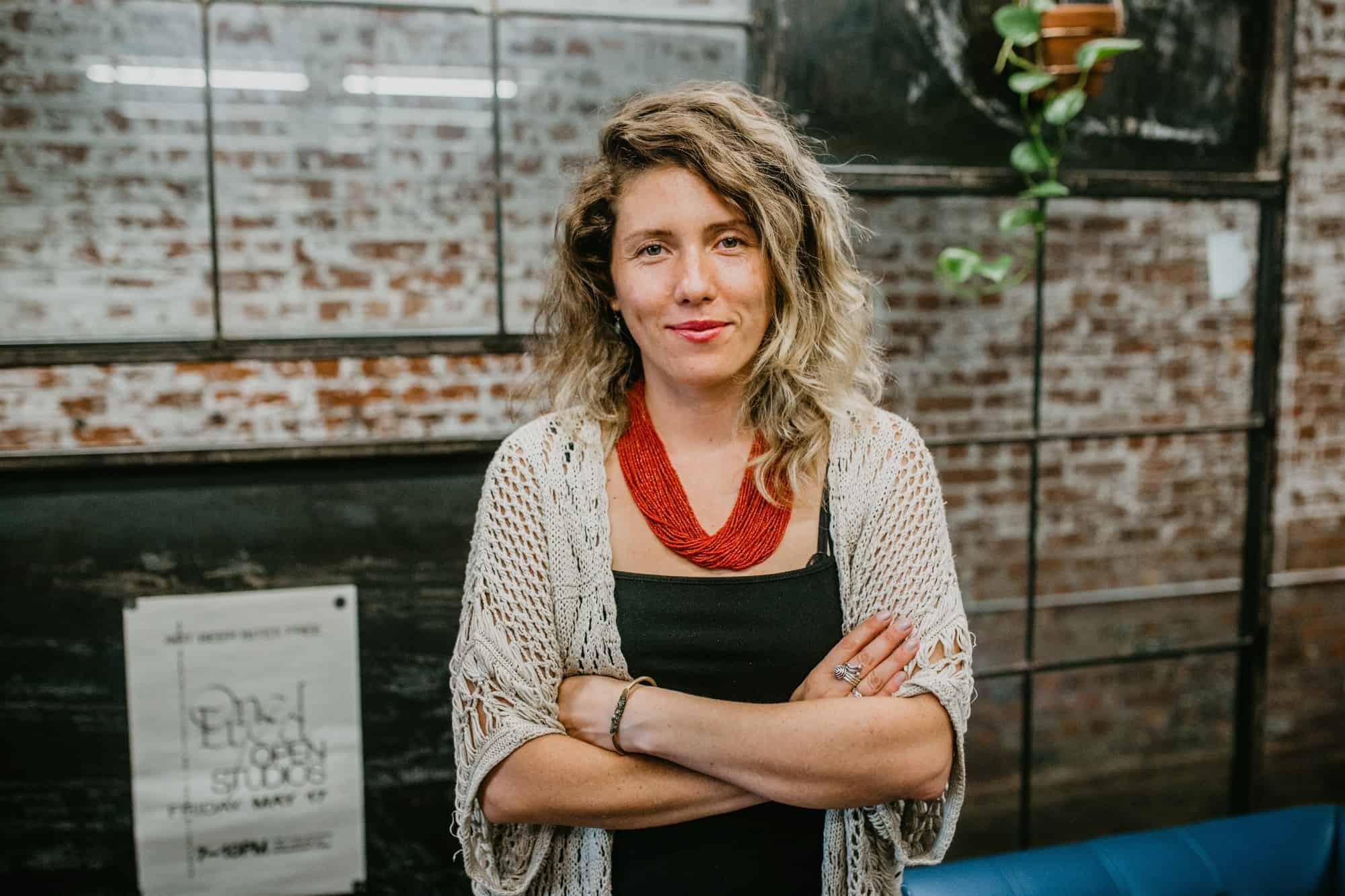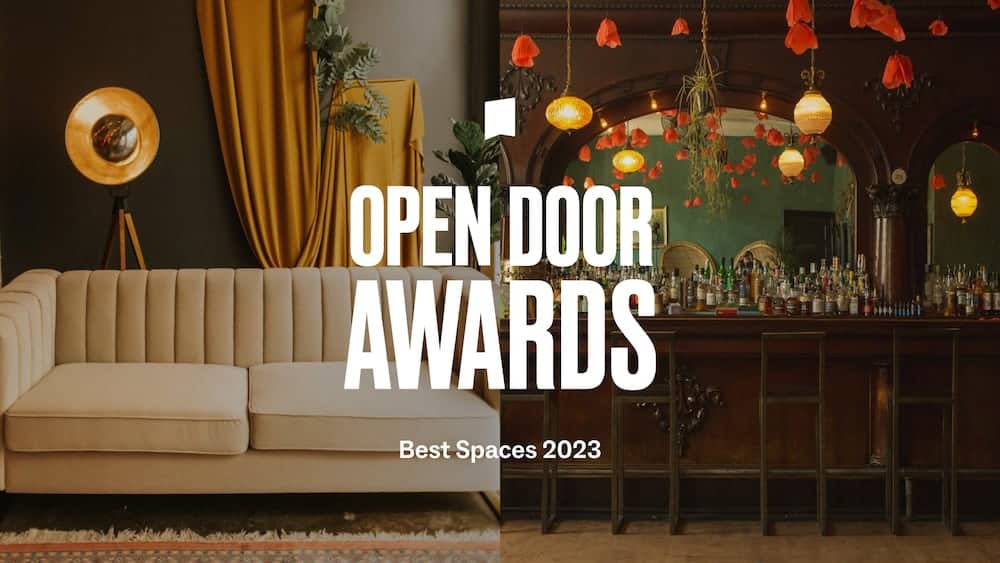How to Price Your Space to Earn the Most Income

Picking the perfect price is like a super power. By changing a single number—your price—you can instantly change how customers see your space. Take the listing below, for instance. At $500/hr, you get a very different impression than $96/hr.

At $500/hr, you would expect guests with big budgets—a company party or high profile meeting. These don’t happen very often, but when they do guests spend a lot. They also tend to be more complex, which means added work for you.
At $96/hr, more casual bookings open up. Maybe a quick photo shoot or a networking event after work. For a three-hour activity, it’s easier for a guest to spend $300 than $1,500. As a result, the price fits more occasions.
For this particular space, owner Ben Seidl picked the $96/hr price tag, and he’s been very successful with it. So far, he’s hosted over 100 bookings in this location, earning him Power Host status.
Picking the right price
Of course, one price isn’t more “right” than the other. A $500/hr space can be as successful as a $96/hr space.
But picking the right price for your space can have a big impact on your bottom line. A study by McKinsey & Company showed that if companies can raise their price by 1%, it can lead to 8% higher profits. This is a bigger increase than if you lowered your costs or sold more volume.
So, how do you pick a price that’s right for you?
Finding the perfect price is an ongoing science, but here are three steps to get you headed in the right direction.
- How are similar spaces priced?
- How much would a guest spend on your space?
- How much do you need to charge to make it worth it?
This won’t give you an exact answer, but it will help you triangulate the right price for you. Let’s go through each of them.
1. How are similar spaces priced?
The first thing you’ll want to know is what other hosts with spaces similar to yours charge for their space. When it comes to comparing spaces, it’s important to look at a few key features of the space:
- Hourly price
- Capacity
- Neighborhood
- Anything special about the place
- The activities they accommodate (off-sites, events, or productions)
Luckily, Peerspace makes finding comparable spaces really easy. You can search for spaces by price, capacity, location, and the activities they accommodate all at peerspace.com.
If you really want to be thorough about it, create a spreadsheet for yourself. Every time you find a space that seems similar to yours, add a row to your spreadsheet and record each of the features noted above. Here’s an example:

You will probably see some trends. What do these spaces have in common? What makes them appealing? What makes your space similar or different? You should start seeing the range of prices that could work for your space.
A few pro tips when looking for similar spaces:
- Pick spaces with reviews.
Spaces with reviews have been booked before, so it’s more likely that they’ve actually gotten booked for the price you see. - Re-do your search for different activities.
Prices on Peerspace change based on what the guest is looking for. If you want to book your space for meetings, the pricing will be different than photoshoots. Use the keywords “Off-Site”, “Event”, and “Production” to cover all the activities. - Location matters.
The closer your space is to busy areas, the higher the prices will be. Make sure you’re finding spaces in similarly dense locations.
2. How much would a guest spend on your space?
This is a critical question. Just because you want to charge $1,000/hr for your space doesn’t mean that guests will book it at that price.
In fact in 2017, 94% of bookings on Peerspace were for spaces under $250/hr.

But remember, the number of bookings isn’t the whole story. For instance, even though only 1% of bookings are at spaces that charge over $500 per hour, these bookings make up 8% of host payouts. In other words, bookings for over $500 per hour were less frequent, but they had big payouts for the hosts when they happened.

So how do you figure out how much guests will pay for your space?
The best way is to test a few different prices. From your analysis of similar spaces, you have a range of prices that could work for your space. Pick the lowest of the prices and start there.
You just want to get some experience with Peerspace to start. How will you prep your space? What will you have to tell guests? And how do you run a successful booking? Getting a few reviews under your belt will only help too. Guests rely on reviews to tell them what spaces are worth booking.
With every price you try, write down the number of inquiries, bookings, and payouts you receive. After several months, you should start to see which price is right for you.
If you find out that price is lower than you hoped, you may need to make a few upgrades to your space. Oftentimes, adding just a few amenities can really increase a guest’s willingness to pay. For instance, if you want more meetings, show a big whiteboard or TV screen in your cover photo of your space. You may find guests are willing to pay much more for an all-inclusive space, and it might not be too much more expensive for you.
Understanding what your guests want to pay will take some trial and error, but once you find the right price, bookings will be a breeze.
3. How much do you need to charge to make it worth it?
The price needs to work not only for the guest, but for you too. Just because a guest will pay $10/hr for your space doesn’t mean it’s worth it to you to open your space to them.
You may want to consider:
- How many bookings do I want in my space in a month?
If you want to book everyday, you’ll need a lower price to attract more guests. You’ll want higher prices if you want to be more selective. - What does my space earn if I don’t have a Peerspace booking?
These are opportunity costs. For restaurants and bars, they might be able to serve regular customers, so these costs are higher. An empty conference room on the other hand may never earn anything. - How much does it cost for me to run a booking?
You’ll need each booking to cover your costs—not only the time and money to setup and clean the space, but also a portion of rent, mortgage, and utilities as well. Add these up and track them. - How much risk am I taking on?
If you’re booking a meeting, maybe it’s very little risk. If it’s a fraternity party, it’s probably a lot more. - How much effort am I spending?
This is personal to you. Managing your space will take your time and energy, and you want to make sure it’s fun and enjoyable for you.
If you find your costs are too high in any of these areas, a few simple changes can go a long way. For instance, if you’re taking too much risk, limit the types of bookings you accept. If you want fewer bookings, increase your price or change your availability.
With Peerspace, your space and pricing are in your control, so make it work in your favor.
Final thought: Keep It Simple
As a product manager at Peerspace, I interview a lot of hosts, and I’ve noticed the successful ones have one thing in common:
They keep it simple.
They find a few types of activities that really work in their space. They find one simple price without a lot of upcharges. And they create a repeatable process to give guests a great experience.
At the end of the day, guests are comparing what they were charged with what you give them. So make sure you find a price that makes you and your guests happy.
Read More Host Tips





